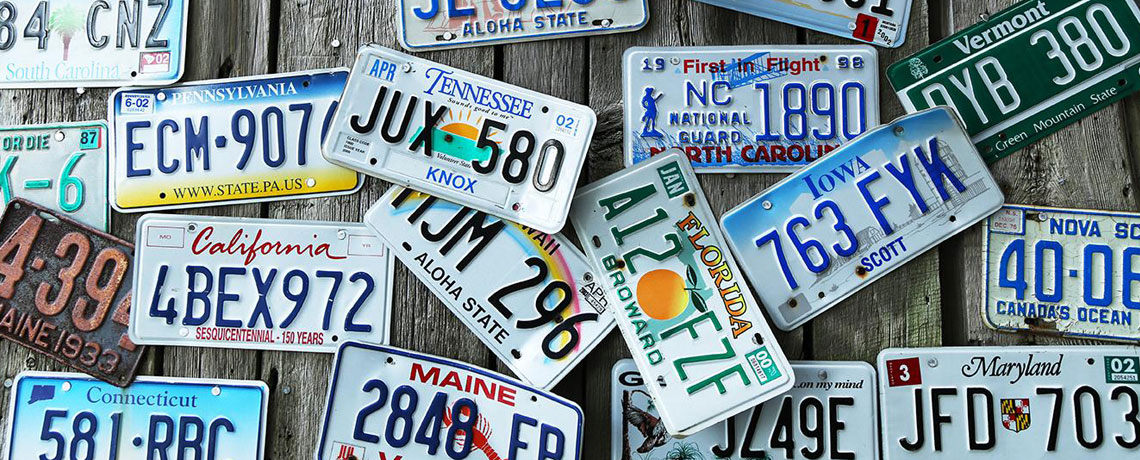Auto Insurance Requirements

As the main form of transportation for the majority of people in the western world, cars play an important part in our daily lives. The ability to get to and from where we need or want to go on our own terms is a luxury that has only really become widespread in the last century or so. Unfortunately, the privilege of owning a car doesn’t come without drawbacks. Any time you’re in an extremely heavy piece of equipment going at high speeds in close proximity to others, there’s always the potential for an accident. Car accidents are more common than you’d think, and that’s why auto insurance is required by law in the United States. This article will cover the basic requirements your auto insurance needs to meet to drive legally, as well as specific additional coverages required by certain states.
What is the Most Basic Form of Auto Insurance?
We don’t recommend just buying the bare minimum of insurance, but driving is important to many people in order to make a living - and that applies at every sort of income level. If you aren’t in a financial situation where you can afford more comprehensive coverage, this section covers the bare minimum you need to squeak by.
The type of coverage that’s absolutely necessary in most every state is liability coverage. This insurance covers the costs of repairing another person’s vehicle if you’re in an accident and at fault. Having every driver in the country (though there are a lot of uninsured drivers) with this coverage ensures that if there’s a car accident and it was caused by one party, that party has the capability to cover damages.
Keep in mind that this insurance only covers the damage you cause to others, and does nothing to repair your own car if you’re at fault and damage your own car.
What are Some Additional State-Based Requirements?
For a lot of states, just carrying liability insurance is enough to drive legally. In others, like Michigan for example, you’re also required to carry Personal Injury Protection.
PIP is required in “no-fault” states where, as the name suggests, there isn’t a driver that’s declared to be in the wrong. In these states, you’re required to carry personal injury protection to be able to pay for your medical bills if you’re injured in the crash.
Because there’s no one at fault, you’re not going to get payments for medical expense from the other driver’s insurance. PIP is necessary to make sure you have the coverage you need in the case of an emergency.
See if your state is on this list, and if it is you’ll need to purchase Personal Injury Protection to drive legally.
- Arkansas
- Delaware
- Florida
- Hawaii
- Kansas
- Kentucky
- Maryland
- Massachusetts
- Michigan
- Minnesota
- New Jersey
- New York
- North Dakota
- Oregon
- Pennsylvania
- Utah
As you can see, there’s a decent amount of states that require PIP. Make sure you keep yourself protected and legal when you hit the road.
Insurance is Mandatory For Safe Driving
There’s an astounding amount of drivers who drive without insurance, despite it being against the law. Not carrying at least liability coverage could leave you in financial ruin if you cause an accident and wreck a car or seriously injure a driver.
Ideally you should carry as comprehensive a plan as your finances allow, but make sure you at least have these basics before it’s time to drive.
